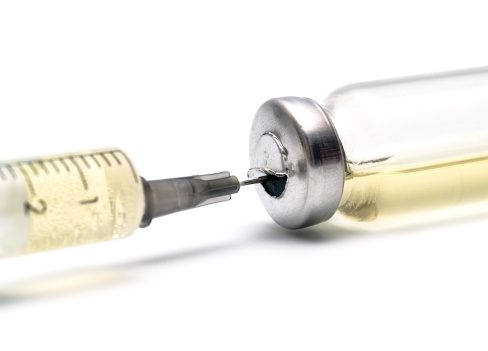WADA reveals new banned-substance list

The World Anti-Doping Agency (WADA) has made some changes for 2014. Notably, a new banned-substance list has been released.
Changes to the prohibited list include the additions of non-proprietary names of substances already on the list. However, for simplicity’s sake, WADA has retained the previous names of all substances to ensure clarity.
Further clarification was also made around definitions of anabolic agents and a group of substances including peptide hormones, growth factors and related substances.
Some changes were for in-competition circumstances only, and revolved around the use of stimulants, specifically some drugs that the body processes into amphetimines or methamphetamines.
Additional restrictions have been placed on certain sports—aeronautic and archery—with regards to certain substances.
To help athletes maintain compliance with the WADA whereabouts program, the agency released a mobile app in December for both iOS and Android devices. The whereabouts program requires that athletes provide a whereabouts window for every day up to three months ahead of the present. This program allows testers to arrive unannounced on any day to conduct anti-doping tests.
Originally released by the Dutch anti-doping authority in 2012, the software has been revised and expanded to be released to athletes worldwide.
“The app provides athletes with an easy, accessible way to report their whereabouts and remain in observance of the relevant regulations, thereby demonstrating their commitment to clean sport,” said WADA director general David Howman. “Everyone benefits from this efficient solution, and we are pleased to offer the app.”
Big changes are expected from WADA over the next 12 months. A new WADA code is slated to take effect on Jan. 1, 2015.
“This code goes a long way to answering some of the questions that our community has faced in recent years and, as the president of this organization, I believe that the collaborative approach WADA adopts will spur us all on to confront the biggest challenge facing Olympic sport today,” said Sir Craig Reedle, president of WADA.
The agency, not 15 years old, has received a new funding commitment of $10 million from the International Olympic Committee. The funds will be used to develop new testing methods for hair and cellular samples, where traces of banned substances remain far longer than in urine or blood.
